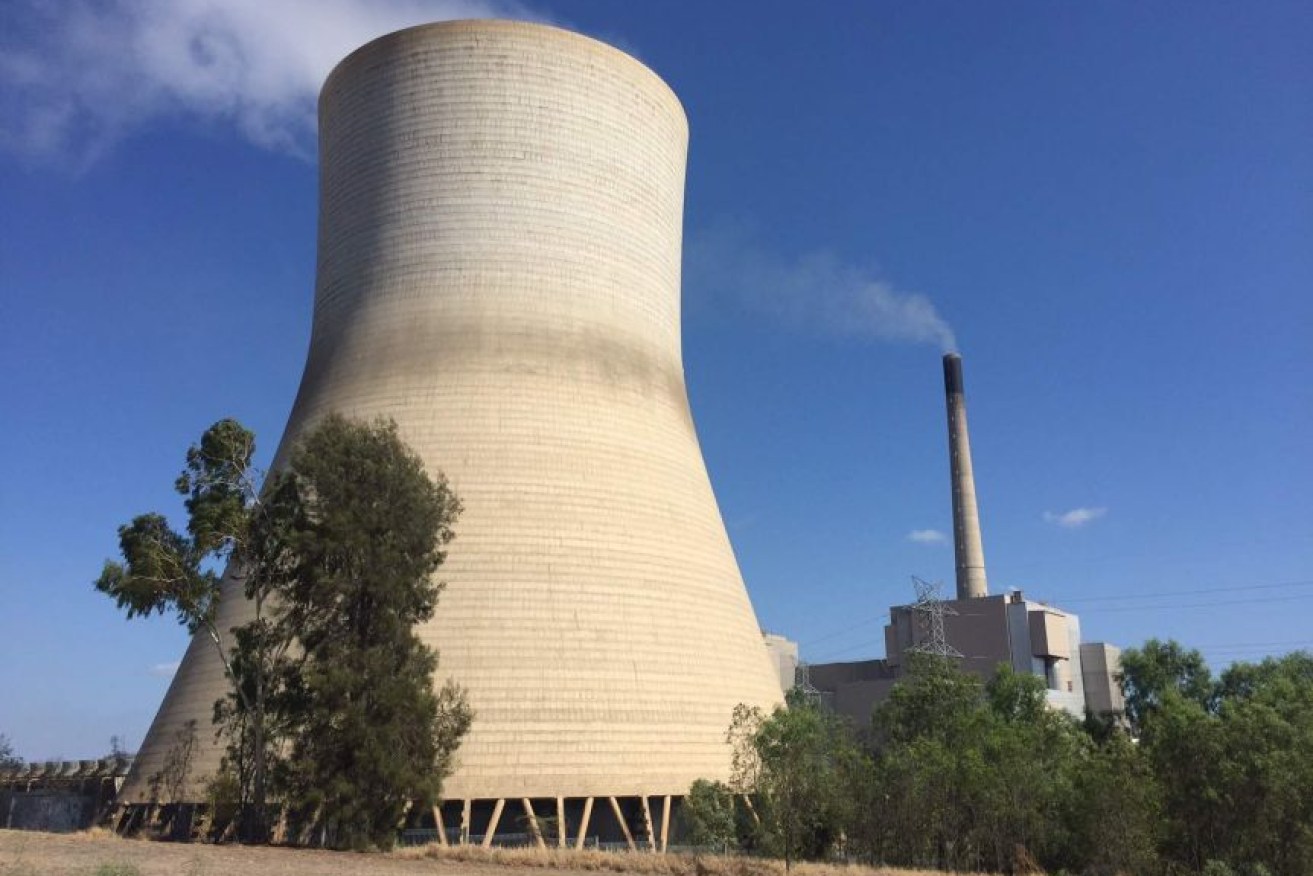Did state-owned power generators illegally ramp up Qld electricity prices?
A billion-dollar class action is set to be launched against two Queensland state-owned electricity generators, alleging they drove up power prices for their own profit.

Callide Power Station in central Queensland is owned by CS Energy.(ABC News: Hayden Cooper)
The proposed lawsuit by firm Piper Alderman will allege Stanwell Corporation and CS Energy engaged in “bidding games” or trade strategies designed to artificially create scarcity of supply of electricity and spike energy prices.
Piper Alderman partner Greg Whyte told ABC Radio Brisbane, the action will seek to recover compensation for customers between 2014 and 2019.
“The claim is about abuse of market power,” Whyte said.
“Stanwell Corporations and CS Energy control around 70 per cent of the electricity that’s dispatched into the Queensland region.
“They’ve been able to use that enormous market power to manipulate the wholesale cost of electricity.
“It’s had a devastating effect on the economy.”
Whyte said his firm is seeking registrations for the lawsuit with a statement of claim expected to be lodged in August.
“Damages will be the inflationary effect on all Queenslander’s electricity bills. Aggregating that loss across the whole market is likely to exceed a billion dollars.”
‘Manipulating the market’
The lawsuit will allege that Stanwell and CS Energy manipulated the bidding system in the National Energy Market by bidding late in the settlement process, to artificially create scarcity of supply and spike energy prices.
“What they’re able to do, merely through their market power, is spike the wholesale price of electricity in five minute periods from the average price, which might have been $70 a megawatt hour, to the market cap price, which at the relevant time, was $13,500 a megawatt hour,” Whyte said.
“They’re able to do that despite the fact there’s no change in the supply or demand balance.
“It’s just strategic bidding.”
The Australian Competition and Consumer Commission (ACCC) has previously raised concerns about a lack of competition in Queensland’s electricity market.
Energy Minister Anthony Lynham said Queensland had the lowest energy prices on the eastern seaboard, reliable supply and a plan to transition to a renewable future.
“We met our commitment to Queenslanders to act on competition by directing Stanwell in 2017 to alter its bidding strategies to help put as much downward pressure as possible on wholesale prices,” Lynham said.
“We have established the third generator — CleanCo — as recommended by the Australian Competition and Consumer Commission.
“And we have delivered on our commitment to put downward pressure on electricity prices.
“Wholesale prices have almost halved since 2016-17 from around $93 a megawatt hour to around $54 a megawatt/hour in 2019-20.”
Generators deny allegations
CS Energy said they operate in strict accordance with, and take very seriously, regulations around bidding in the National Energy Market (NEM).
“These allegations have previously been investigated by the Australian Energy Regulator and the Australian Competition and Consumer Commission and found that elevated prices were not the result of identifiable uses or abuses of market power,” a spokesperson said in a statement.
Stanwell similarly said it operates within the rules, adding that the NEM is one of the most scrutinised and regulated competitive markets in Australia.
“The Australian Energy Regulator reports have confirmed that high wholesale prices which have occurred in Queensland at various times over the past five years were the result of high demand resulting from extreme temperatures, and network limitations and not the rebidding strategies of generators.”
– ABC / Ashleigh Stevenson












